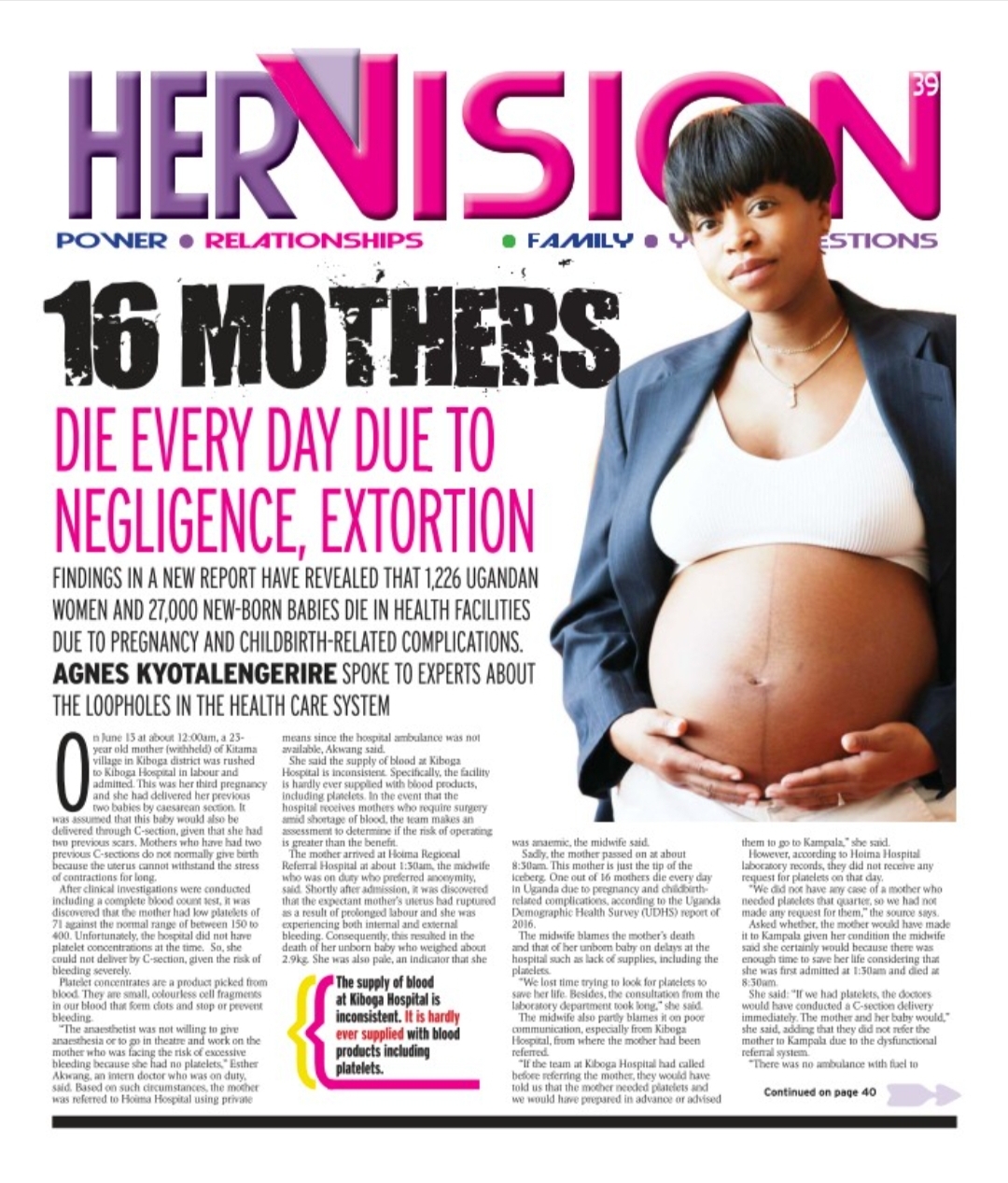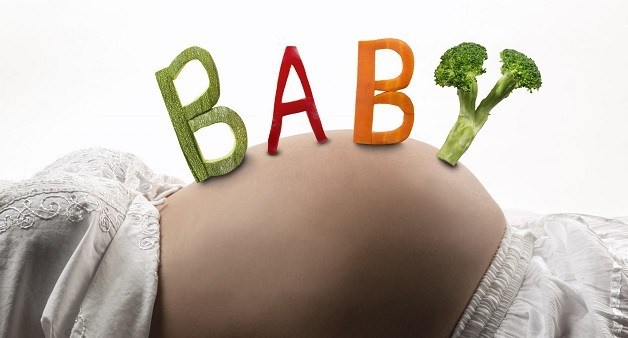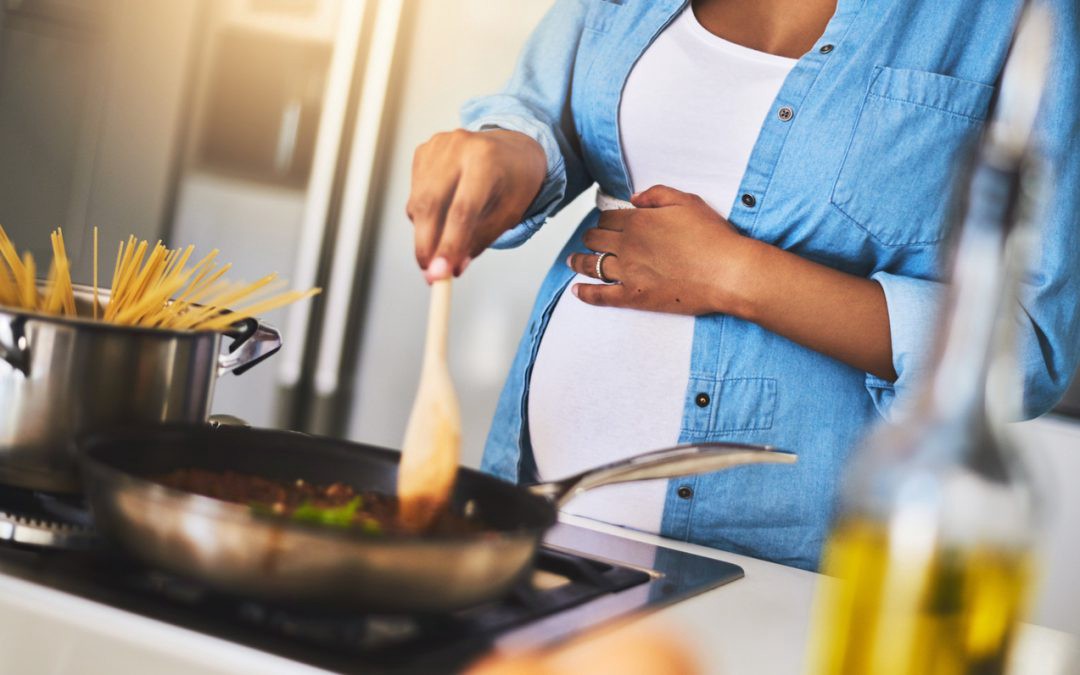Yesterday I woke up to a disturbing story in the New-vision newspaper of Tuesday, 5th July 2022 and this is what it read. “16 mothers die everyday due to negligence, extortion” A story is told of a mother, 23 years of age from Kiboga district who loses her life and that of her new born baby because of lack of platelets at the hospital as well as where she was transferred (Hoima Hospital). The different accounts given of what took place that day are even more disturbing. This is one of the many stories you will hear about maternal mortality in Uganda.
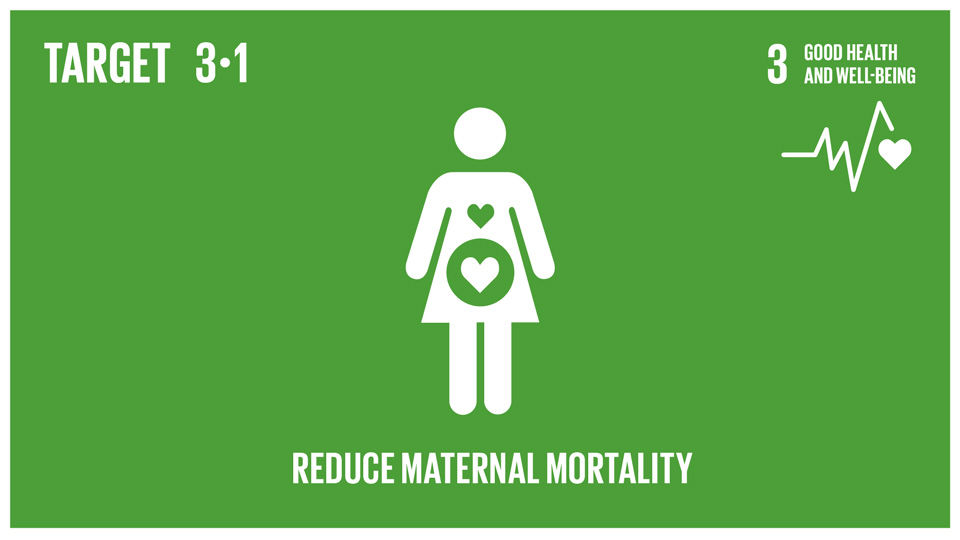
SDG 3-Target 1
Sustainable Development Goal (SDG) 3 target 1 is to reduce the global maternal mortality ratio to less than 70 per 100,000 live births by 2030. According to the Uganda Demographic Health Survey (UDHS), maternal mortality rates refer to the number of maternal deaths per 1,000 women age 15-49. The number of deaths is the number of sisters reported as having died in the 7 years preceding the survey either during pregnancy or delivery, or in the 42 days following the delivery, by their age group at the time of death. Deaths due to accident or violence are excluded. The maternal mortality ratio for the 7-year period before the 2016 UDHS is estimated at 336 maternal deaths per 100,000 live births. We have only 8 years to reduce this number if we meet our SDG 3 target goal 1. (With our current situation I cannot tell you that I am very confident).
This not only grieves my heart but also freaks me out because that can be me or anyone I know. No one deserves to die giving life for goodness sake neither does a child deserve to die coming to life. Some of the reasons given for these number of deaths in the newspaper article include; lack of infrastructure, gaps in human resources, inadequate supplies and commodities, knowledge and skills gap among health workers to mention but a few. The question for you and I is what can we do?
According to a report on Reducing maternal mortality by UNFPA, almost all cases of maternal mortality are preventable but if this is so, what is failing us and causing so much grief to you and I? A lack of information among many is one of the reasons sighted and if just 2 sentences in this blog will help prevent just 1 mother from dying at their next child birth, my life is more than complete.
Where to start
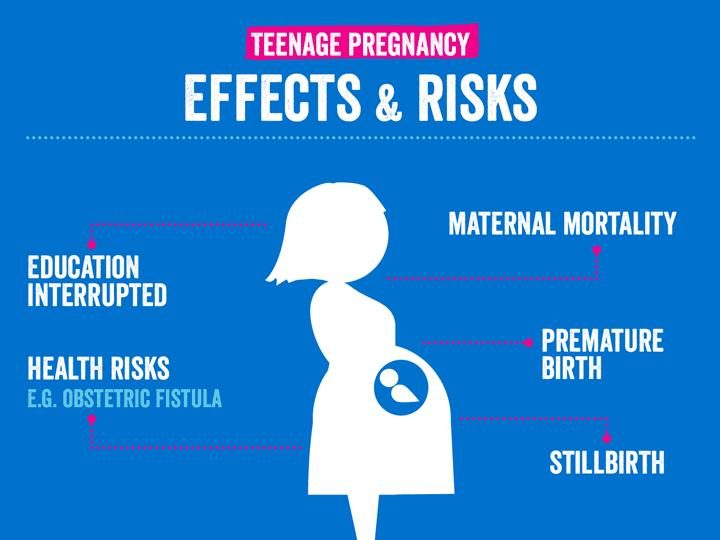
Teenage pregnancies
An old saying goes ” Prevention is better than cure”. According to World Health Organisation, The risk of maternal mortality is highest for adolescent girls under 15 years old and complications in pregnancy and childbirth are higher among adolescent girls age 10-19 (compared to women aged 20-24). Teenage pregnancy and motherhood has been a major health and social concern in Uganda for some time.
The 2016 UDHS results showed that 25% of women age 15-19 have begun childbearing; 19% have had alive birth, and 5% are pregnant with their first child. The health, social and economic consequences that come with teenage pregnancies are too undesirable therefore better to prevent than to deal with the consequences. The next you are drawn to a teenager, think about the many things at stake especially for the girl. Do not let the wig and booty fool you. It could be your sister someone is messing with. It can surely wait.
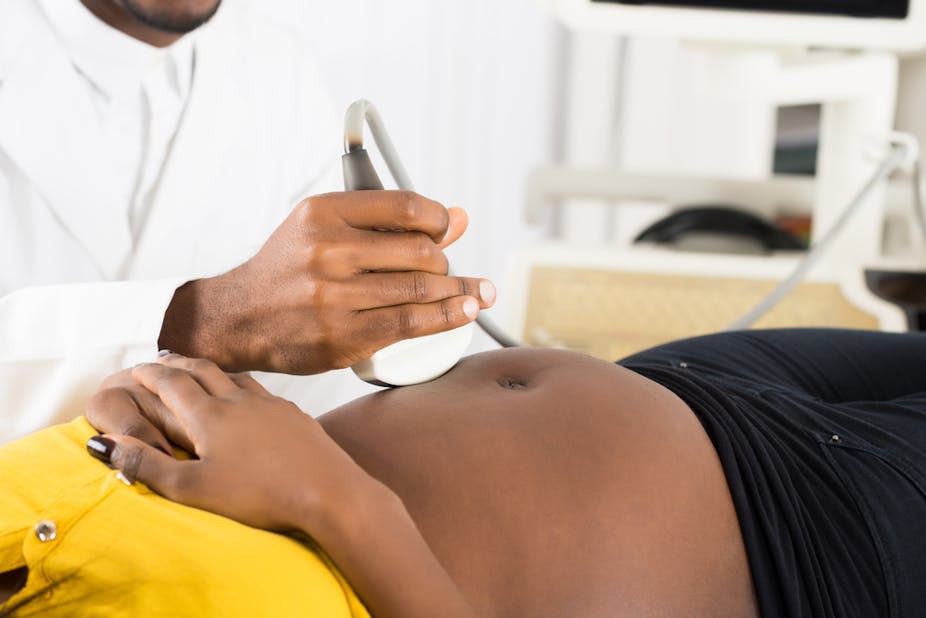
Pregnancy related complications
These may not be completely done away with but something can still be done. Many of these develop during pregnancy and most are preventable or treatable. Other complications may exist before pregnancy but are worsened during pregnancy, especially if not managed as part of the woman’s care. These pregnancy related complications include but are not limited to severe bleeding (mostly bleeding after childbirth), infections (usually after childbirth), high blood pressure during pregnancy (pre-eclampsia and eclampsia) to mention but a few.
First and fore most the onus is on you to care for your own life. No one will like or love your life more than your self thus the need to choose you first. Your mother, man or pastor will not do that for you. Dear lady don’t wait to conceive to start on the healthy journey. Some of these complications like severe bleeding, pre-eclampsia can be avoided or at-least their severity reduced if you prepared your body early enough. Pregnancy is an intense period that requires all hands on deck for you to go through it and bring forth healthy life. Take care of your body if you have plans of creating life so that we can avoid or reduce the risk of maternal mortality.
I cannot over emphasize the need for antenatal care. I know of some people who go only to find out the sex of their child and that is it. Why do you do yourself a disservice to this extent? It is in routine antenatal care visits that unwanted pregnancy and other post pregnancy complications can be prevented. Going back to the story I began with, low platelets in the blood can be detected early enough during these visits and early preparations can be done. Yes! I know our hospitals are not doing the best but atleast let us do our part. Remember no one will love your life more than you do. Do not give up the fight. Ask as many questions as you can, even those you consider silly or obvious. It could be the one to save your life and the unborn child.
Unsafe abortion
According to World Health Organisation, nearly 8 % of maternal deaths worldwide are abortion-related and 99.5% of these occurring in developing regions. In Africa, 99% of abortions are unsafe resulting in one maternal death per 150 cases. It is high time we embraced comprehensive sexuality education to avoid having our girls finding themselves at cross roads that may warranty abortions. Culprits who defile, rape girls and women ought to be seriously apprehended and let us save the mothers of this nation.
These are some of the things I could point out for now, what do you have in mind? Please share with me in the comment section. If you think this is worthy information to pass on to someone for whom it can benefit, the pleasure is all mine.
Thank you for always coming back
See you next Wednesday.

